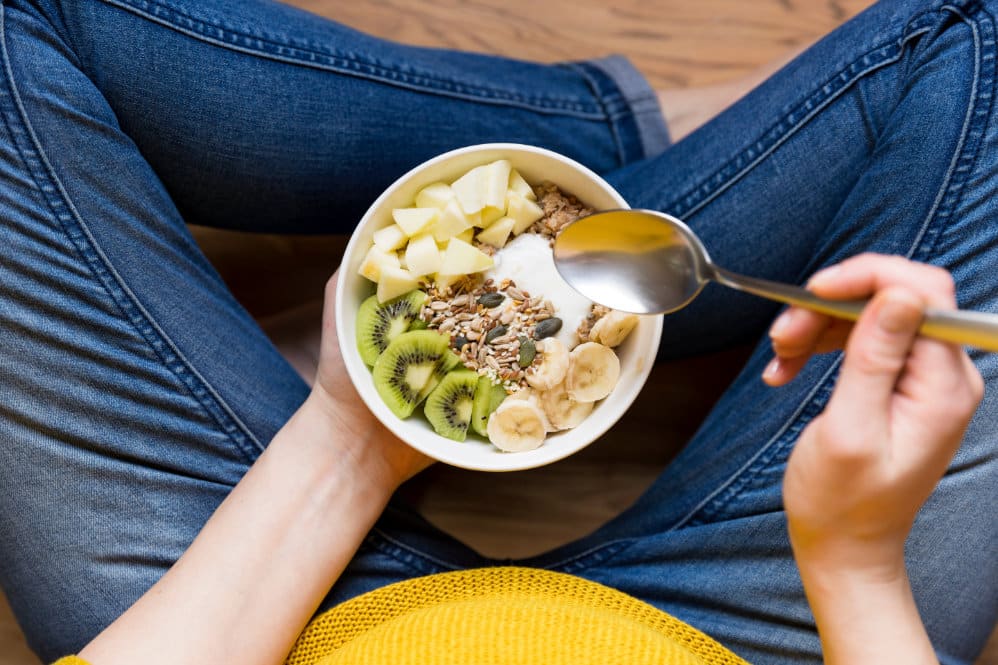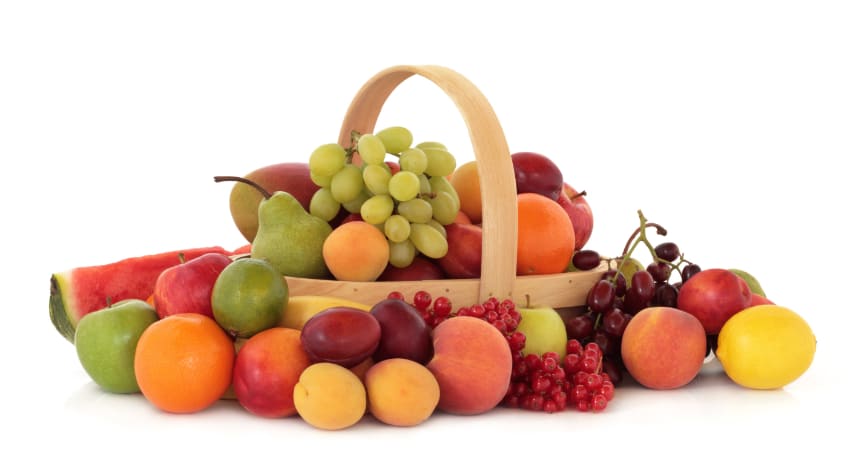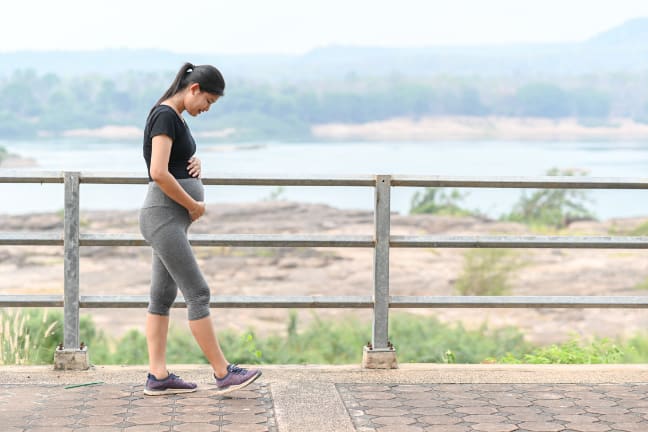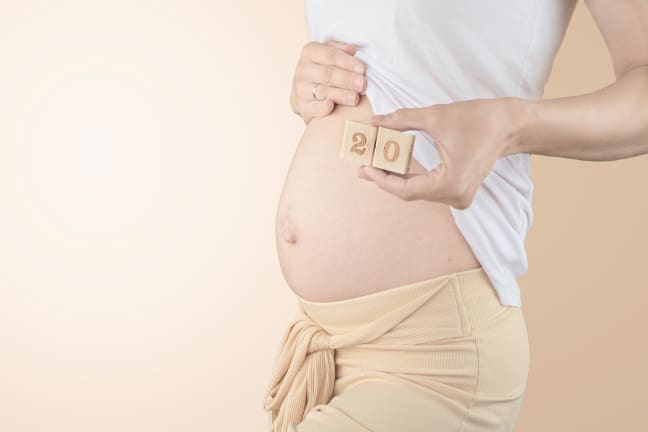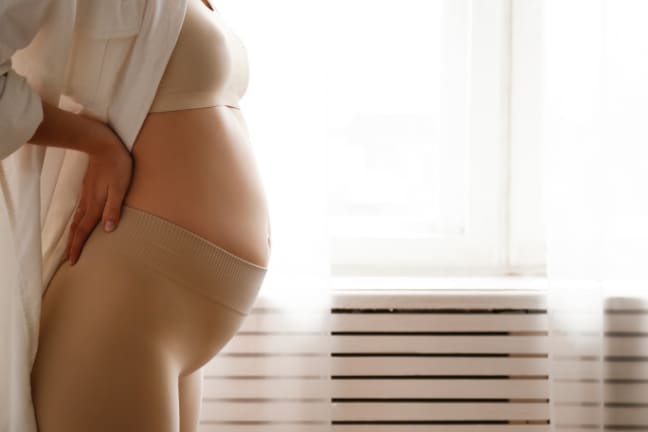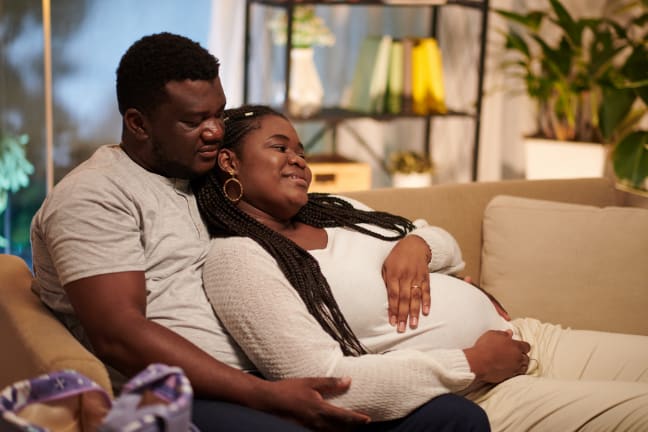Introduction
Hello mummy. You could start feeling baby move between 16 to 24 weeks. It’s a magical moment especially experienced for the first time. You should be starting to feel the benefits of being in the second trimester such as thicker hair and glowing skin. Pregnancy nutrition is so important. Try and make sure you get a balanced healthy pregnancy diet. Building a good support network early on can really help you through the ups and downs of pregnancy. Antenatal classes in your third trimester will help with this but try and find your tribe early on. Read more on what to expect at 16 weeks pregnant.
What happens at 16 weeks pregnant?
Is your baby moving at 16 weeks? From as early as week 16 some women start to feel baby give them a hello nudge. The size of baby at 16 weeks is only that of an avocado so don’t expect a full kick out of them just yet. In fact, if they’re a chilled-out bubba you may not feel a thing for a few more weeks. That’s ok. Especially if you’re a first-time mum. Each woman is different, and every baby is different. It might be week 20 or even up to week 24 before you feel those wonderful tiny kicks. If your placenta is anterior (which means lying in front) then baby’s moves could be cushioned and you’ll be waiting a few weeks longer to feel them. They’re very subtle to begin with and you’re more likely to notice in the evening before bed or when you’re in a relaxed quiet environment. If you haven’t felt your baby move by week 24, speak with your midwife; they will check your baby’s heart and movements.
What happens to your body at 16 weeks pregnant?
You should be feeling pretty perky this week and looking pretty great too. You’ll be going from lumpy to bumpy by now, plus with glowing skin, thicker hair and sparkly eyes from more sleep, the good symptoms could definitely be winning over the bad.
You will probably notice a bit more weight gain around now and you also might be slightly constipated. The weight gain will be coming from the increased weight of the baby growing as well as the placenta and amniotic fluid, which are doing their job of protecting and nourishing your baby. Ensuring you eat a healthy, balanced pregnancy diet will help keep constipation during pregnancy at bay and can help maintain a healthy weight for your height.
What to eat at 16 weeks pregnant?
Vitamin A in pregnancy is important but gets a bad rep, it helps with the development of baby’s heart, lungs, kidneys, eyes, and bones as well as the circulatory, respiratory, and central nervous systems. Vitamin A is also essential for repairing any tissue tears you might have after birth.
The thing is, too much Vitamin A during pregnancy can be quite dangerous. It’s linked to birth defects, liver toxicity and more. If you have a healthy pregnancy diet you should be able to meet your need for Vitamin A through the foods you eat. Bright yellow or orange fruits and vegetables like tomatoes, carrots, oranges apricots, melons and mangos; and dairy products like butter, milk or cheese, as well as eggs (especially the yolks) have plenty of Vitamin A too. Make sure that you only choose pregnancy specific vitamin supplements as they will not contain any vitamin A.
What are the symptoms of 16 weeks pregnant?
Week 16 pregnancy symptoms can include things like varicose veins. They may start to develop as your uterus puts pressure on your blood vessels – specifically those that carry blood from your legs to your heart. Pregnancy hormones have relaxed the muscular walls of your blood vessels, which increases the risk of swelling too. They’re not the prettiest things in the world but they’re mostly harmless, and usually shrink when you go back to your pre-pregnant self.
Here’s a few ways to keep varicose veins in pregnancy at bay:
-
Sleep on your left side. This helps avoid pressure on your main blood vessels and keeps circulation going.
-
Keep moving. Don’t stand for long periods. Put your feet up and flex your ankles when you can.
-
Exercise. Brisk walks and swimming are both great to keep circulation going and help prevent those bulgy blues.
-
Watch your weight. Each extra pound adds pressure on your circulation. A healthy pregnancy diet will keep your weight gain at a steady gradual pace.
How to prepare for motherhood
What you’re going through is so utterly life changing it can be hard for others to relate to it. Even those who have been mothers forget the intensity of pregnancy and the highs and lows of those first few months. That’s why antenatal classes are so helpful, not just for the crucial information they provide (birthing techniques, pain relief, newborn care) but also for the support you find from others who are in the same boat as you. You usually attend classes in the third trimester but there are many options these days so it’s worth looking around in your area for the right kind of classes for you and your birthing partner. Find out more on how to emotionally prepare for motherhood.



